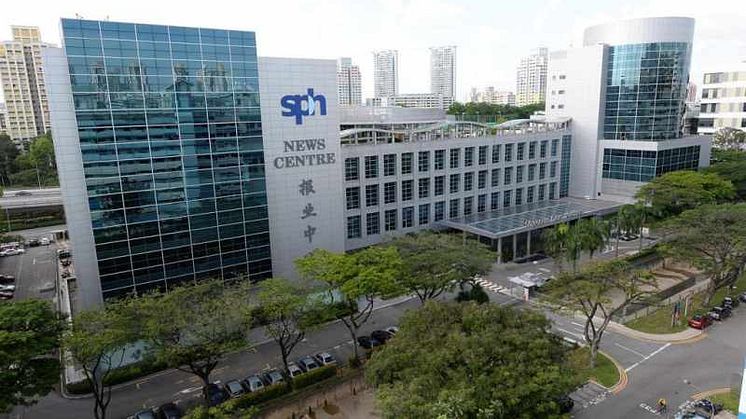
Blog post -
2018 preview: more losses in media jobs to have big impact on corporate spokespeople
You might not think the departure of a total of 400 staff at Singapore Press Holdings by the end of this year is relevant when you take part in a media interview. But the shrinking number of journalists actually has a much greater impact than you think.
Unless SPH also shrinks the number of pages it publishes in its flagship newspapers, all the job cuts mean is more pressure on the journalists who remain. This pressure becomes palpable when you meet them for an interview.
According to this article in The Splice Newsroom last week, this is only going to get worse next year.
It already starts with the pitch. Getting the journalist's attention is already much more difficult. Fewer and fewer reporters are bombarded by more and more pitches from PR agencies. These then follow up with numerous phone calls and emails, which tend to irk reporters even more.
Assuming they invite you for an interview, the reporter who shows up is more likely to be younger than in past decades because they are usually cheaper to employ than the veterans. It also means they are less likely to have years of experience covering your company or sector. It's noteworthy that "junior reporters—across the sub-editing, news desk and lifestyle sections—bore the brunt of the retrenchments, while editors with much higher salaries kept their jobs", but anecdotally this is not reflected by what you hear around the market.
The reporter is also likely to have rolling deadlines, which means they have to try to get the story online as quickly as possible, with the printed publication becoming a curated selection of online stories.
Key take-aways:
- Be patient – get to know how the reporter or publication prefers to be pitched to. Hint: email attachments in PDF isn't likely to be one of them.
- Prepare to educate – rather than expecting HardTalk-style questions from seasoned reporters, take a collegiate approach and help the reporter with insights from your industry.
- Be clear – a reporter who is covering four stories within a day may have a harder time to get it together than one who has a whole day to think about a single interview. The old standards of clarity and brevity apply more than ever before. Don't expect the reporter to listen to their entire, say, 45-minute recording of the interview again.
- Show empathy for deadlines – don't faff the reporter about. If you want your interview to have a chance of being published, accommodate the reporter's schedule.
- Offer further support – by some accounts, reporters are going to get the resources and leeway to produce longer, more in-depth stories. Contribute to this effort. If you have graphics, photos or videos you can share, which illustrate your subject matter, offer to send these to the reporter for use in the publication. There are no guarantees they will use it, and you should never insist it to be used (in which case you are likely to be referred to the advertising sales department), but a collegiate, collaborative approach is better than a confrontational one.
The shrinking traditional media industry is certainly putting more pressure on staff reporters. But don't feel too bad for them. Anecdotally, SPH journalists are frequently courted by industry enticing them to jump "to the dark side". And you might soon see those who aren't, reborn as bloggers. As a spokesperson, you need to be ready for this changing landscape.
